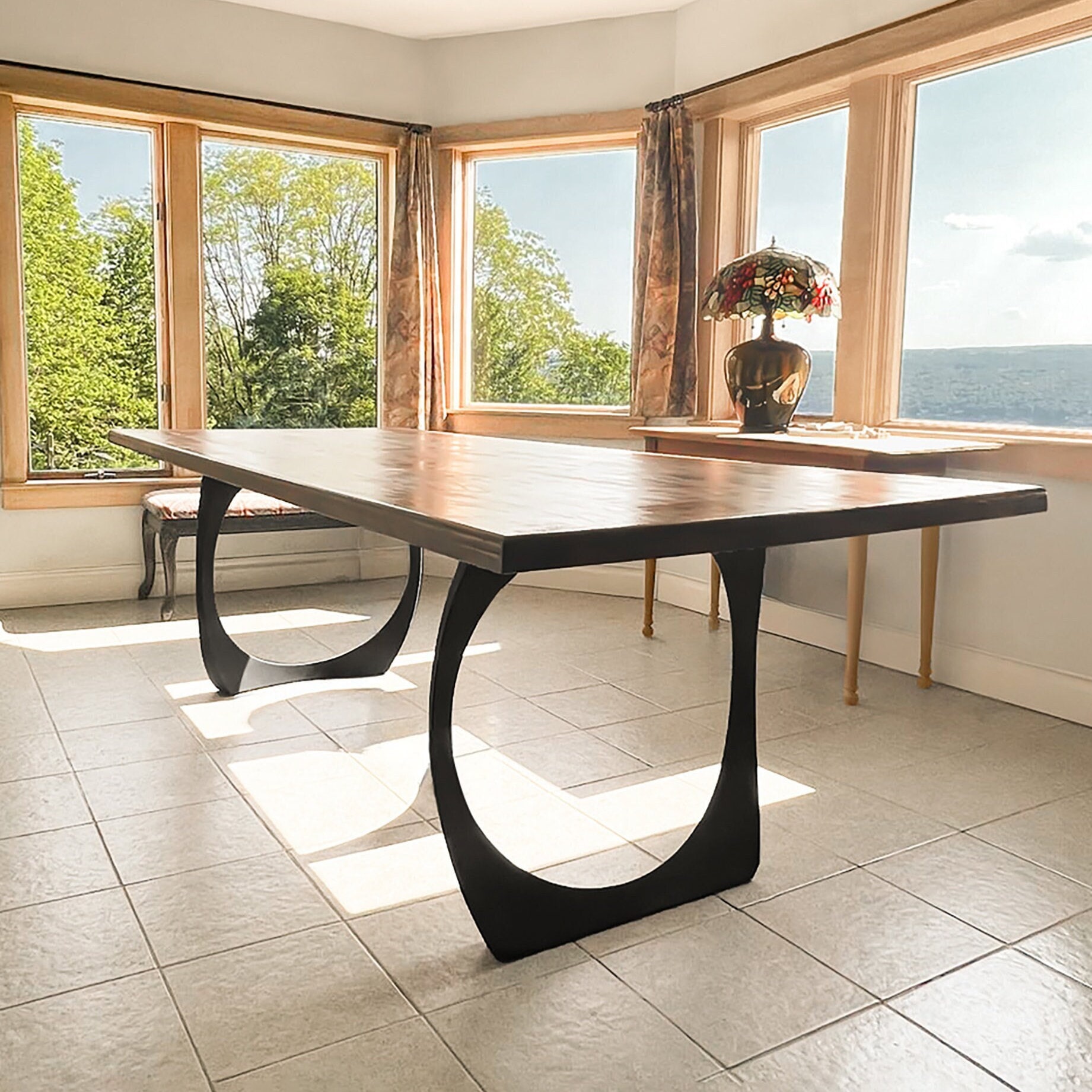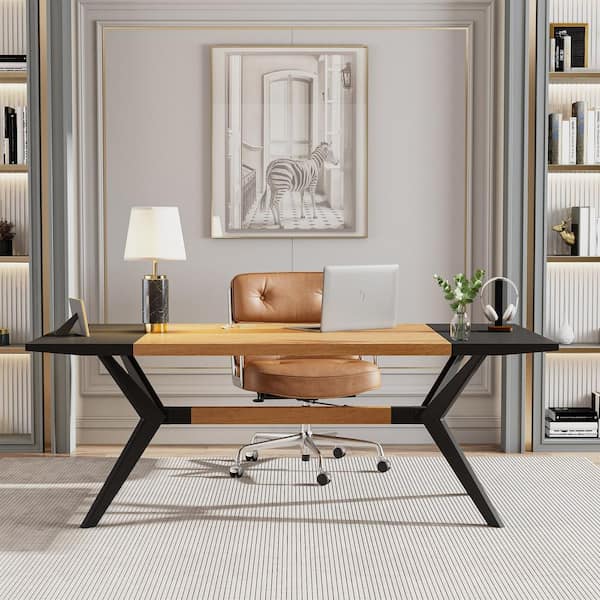The Ultimate Overview to Selecting Sturdy Dining Room Table Legs
Dining Table Legs: Exactly How to Select the Best Styles for Your Room
Picking the ideal table legs is essential for both aesthetic and functional harmony in your dining room. Whether your space boasts a sleek, modern-day ambiance or leans towards a more typical atmosphere, the style of the legs can significantly affect the overall appearance. Conical legs radiate contemporary style, while transformed legs provide a nod to classic beauty. Beyond design, the material-- be it warm timber or sleek steel-- plays an essential role in establishing the tone. Just how do you make sure these elements match your existing decor while giving the required security? The response depends on a balanced strategy.
Assessing Your Dining Space Design
Exactly how do you identify the best dining table legs for your space? The solution starts with a detailed analysis of your dining room style. A natural style makes sure that your table legs improve the overall visual instead than clash with existing aspects.
An eating room with streamlined, modern-day chairs and metallic accents might benefit from straightforward, streamlined table legs. Alternatively, a space filled with vintage items and rich textiles may call for luxuriant, carved legs.
Lights likewise influences understanding. All-natural light can highlight particular materials and surfaces, while artificial illumination can highlight various elements. Account for the area's scale and proportions. Huge, open dining spaces can suit heavier, a lot more significant legs, whereas smaller areas call for more delicate, inconspicuous layouts. By thoroughly reviewing these factors, you can select table legs that sympathetically blend with your dining-room's design.
Popular Leg Styles Clarified

One widespread style is the conical leg, renowned for its sleek, modern-day look. This leg tightens inside out, offering a minimal appeal appropriate for modern and Scandinavian interiors. Next off, the turned leg functions intricate spindle-like styles, often discovered in traditional and farmhouse settings. These legs include a touch of craftsmanship and sophistication.
Cabriole legs, with their distinct curves, are associated with French Provincial and Queen Anne furnishings. Their elegant, flowing lines bring a sense of class and historic charm (dining room table legs). For those favoring a robust and simple layout, square legs provide durable support and a tidy, geometric look, perfect for commercial or minimalist spaces
Finally, hairpin legs use a retro, mid-century modern-day ambiance. Made from steel, these legs are both light-weight and strong, adding a special aesthetic comparison to wood table tops. Recognizing these designs will certainly lead you in selecting table legs that enhance your space's aesthetic and functionality.
Material Considerations

Steel legs, often made from stainless steel, iron, or aluminum, supply a modern-day and commercial look while guaranteeing robust assistance. They are commonly more resistant to use and tear, making them a long lasting selection.

Other materials like bamboo or rattan supply green options, bringing an all-natural and unwinded vibe to the dining location. Each product has its benefits and drawbacks, and the most effective choice will certainly depend on your particular requirements and choices.
Harmonizing Aesthetics and Performance
Achieving the ideal equilibrium between aesthetic appeals and capability is vital when picking table legs. While the visual charm of table legs can significantly improve the total setting of a dining area, their practical facets can not be overlooked. The style of the legs need to integrate with the room's decoration, yet they must additionally provide sufficient assistance and security for the table.
Take into consideration the architectural design of your space. Smooth, contemporary insides might gain from minimal, metal legs that offer a clean and unobtrusive appearance. On the various other hand, standard setups often complement turned or carved wooden legs that add a touch of elegance and elegance.
Performance includes the stability and sturdiness of the legs. Trestle legs, understood for their robustness, can provide strong assistance for bigger tables, making them suitable for family members or regular performers. On the other hand, pedestal legs can provide more legroom and flexibility, permitting for far better seating arrangements
Moreover, the elevation and positioning of the legs are critical for comfy dining. Legs placed too much inward may restrain seats, while those as well close to the side can restrict movement. Thus, thoughtful factor to consider of both aesthetic and functional components is vital for an ideal dining experience.
Modification and DIY Options
Customization opens up a world of possibilities for producing eating table legs that are uniquely customized to your preference and needs. Particular layout elements, such as turned legs, tapered forms, or detailed carvings, can why not look here be integrated to show your design.
For those inclined towards do-it-yourself (DO IT YOURSELF) tasks, creating customized eating table legs supplies both a rewarding experience and the chance to accomplish a bespoke visual. Do it yourself enthusiasts can source raw materials and use woodworking or metalworking devices to craft legs that fulfill specific specifications. Additionally, various on the internet tutorials and workshops supply advice, making the procedure more available for novices.
Eventually, whether choosing for expert modification or starting a do it yourself endeavor, the capability to customize dining table legs makes sure that the end product balances with your interior style vision, improving both performance and aesthetic appeal.
Conclusion
Picking the proper dining table legs calls for cautious consideration of the total style of the eating space, including existing building features and furnishings. Eventually, the chosen table legs must complement the style, supplying both visual charm and useful assistance.